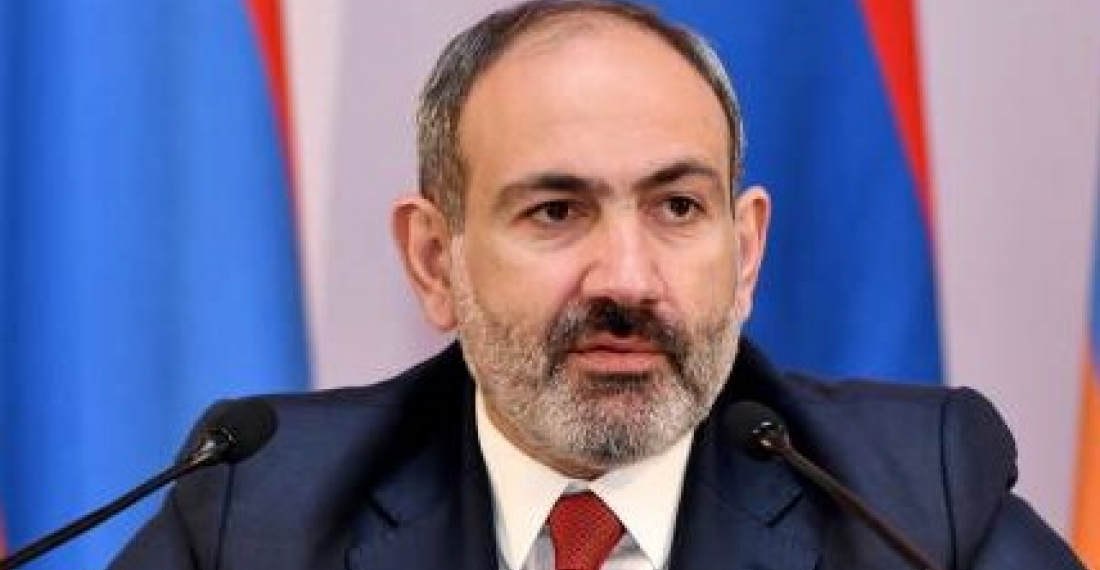Armenian prime minister Nikol Pashinyan has identified what he called, his "biggest omission" since coming too power in 2018. "We have not managed to return enough stolen money and properly prepare for war," Pashinyan wrote on his facebook page on Monday (28 December), referring to the government's campaign to make those who had enriched themselves through corruption under previous governments to return the stolen funds.
In the post Pashinyan accuses the previous governments of Armenia of not preparing for war when they knew that war was inevitable, since the only other option was to give in to Azerbaijani demands for the return of the territories around Nagorno-Karabakh without agreement on the future status of Karabakh itself.
Over the last days Pashinyan has been fighting back against critics who have demanded his immediate resignation.
In an interview with the Armenian public broadcaster on Sunday, the prime minister said that he would not allow a change of government in Armenia to happen through a coup. He said that elections next year will determine who the Armenian people wanted to govern them in the future. He described the current impasse in Armenian politics as a stand-off between the old elites who still held considerable power, and had plenty of resources, and the people. Pashinyan pointed out that anti-government protests since the signing of the trilateral statement that ended the second Karabakh war were poorly attended, and showed that the people did not share the views of the old elites.
source: commonspace.eu with agencies
photo: Nikol Pashinytan (archive picture)







